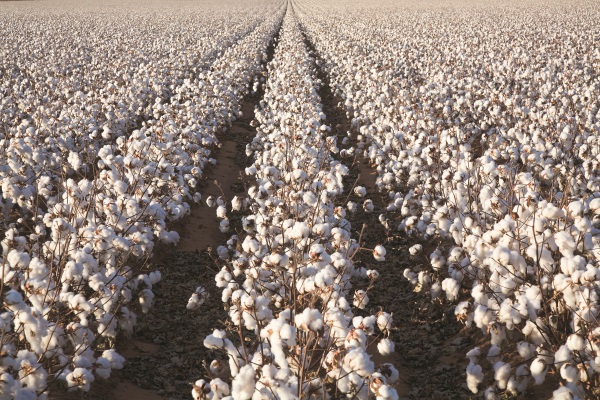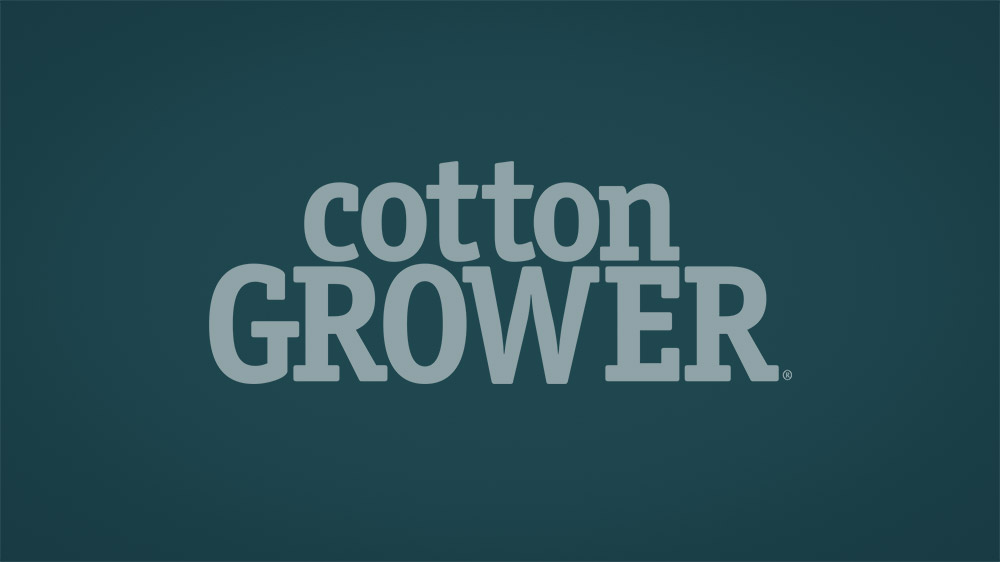Business Insider: To Lease or to Buy?
Purchasing new farm equipment is a decision not to be entered into lightly, especially for big ticket items like tractors and cotton pickers. Whether you choose to buy or lease, it’s a big investment. There are arguments for both options, but for some it may come down to personal preference and comfort levels.
Steven Klose, an Ag Economics Professor with Texas A&M AgriLife Extension Services, says growers need to determine what their goals are and how they want to spread out their resources over the anticipated life of the equipment in question. Leasing or loans can fit into those plans, but it is important to have a well laid out plan to start.
“I think for growers who decide to purchase the equipment outright, the biggest benefit is you are less obligated to somebody else and will own the machine outright after a certain period of time,” Klose says.
With the loan/purchase option, Klose adds you own the costs of maintenance and repairs. Extended warranties can help defray that cost for a certain amount of time.
Lease Option
Michael Anthos, CoBank – Farm Credit Leasing, says leasing can provide growers with several benefits. “If you ask me, and I have worked on the lending side and leasing side — a lease option is more attractive as a cotton grower, if I want to preserve my working capital,” he says, “My payments under a lease are probably going to be a lot less than under a loan structure.”
Anthos adds a lease is a way for a grower to accelerate his or her tax write offs. Growers can choose to take bigger write downs on taxes, even write off 100% of the asset in the first year.
Another obvious benefit of leasing is growers can refresh equipment more frequently. Anthos adds with a warranty and lease agreement, growers also can have certainty what their costs are going to be for a piece of equipment.
Don’t Forget Custom
For growers who have limited resources, Klose says custom harvest is an option. “If a grower has limited acres to spread such a large investment as a cotton picker out over, custom harvest is worth considering,” he says. “In addition, a grower in that situation might be able to justify the cost of a picker, if he offers custom harvest as a service.
“A downside to that option is you are on the custom harvester’s schedule when it is time to pick. Not your own.”










